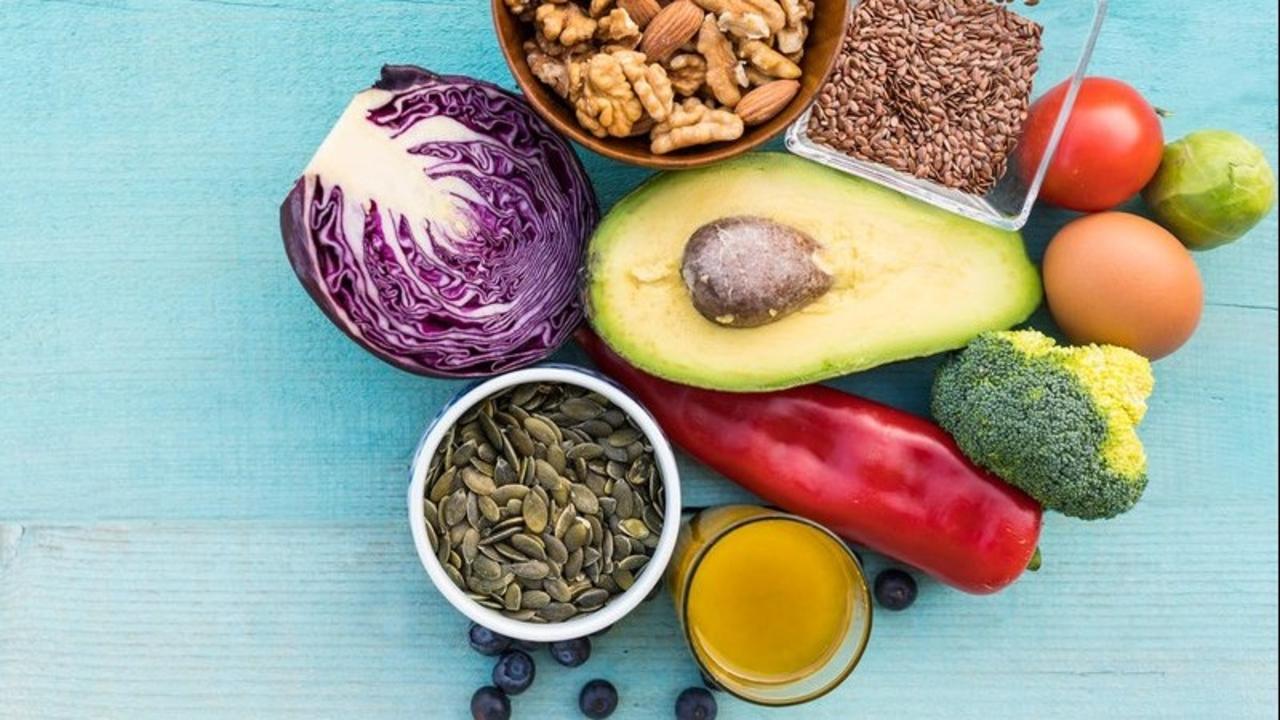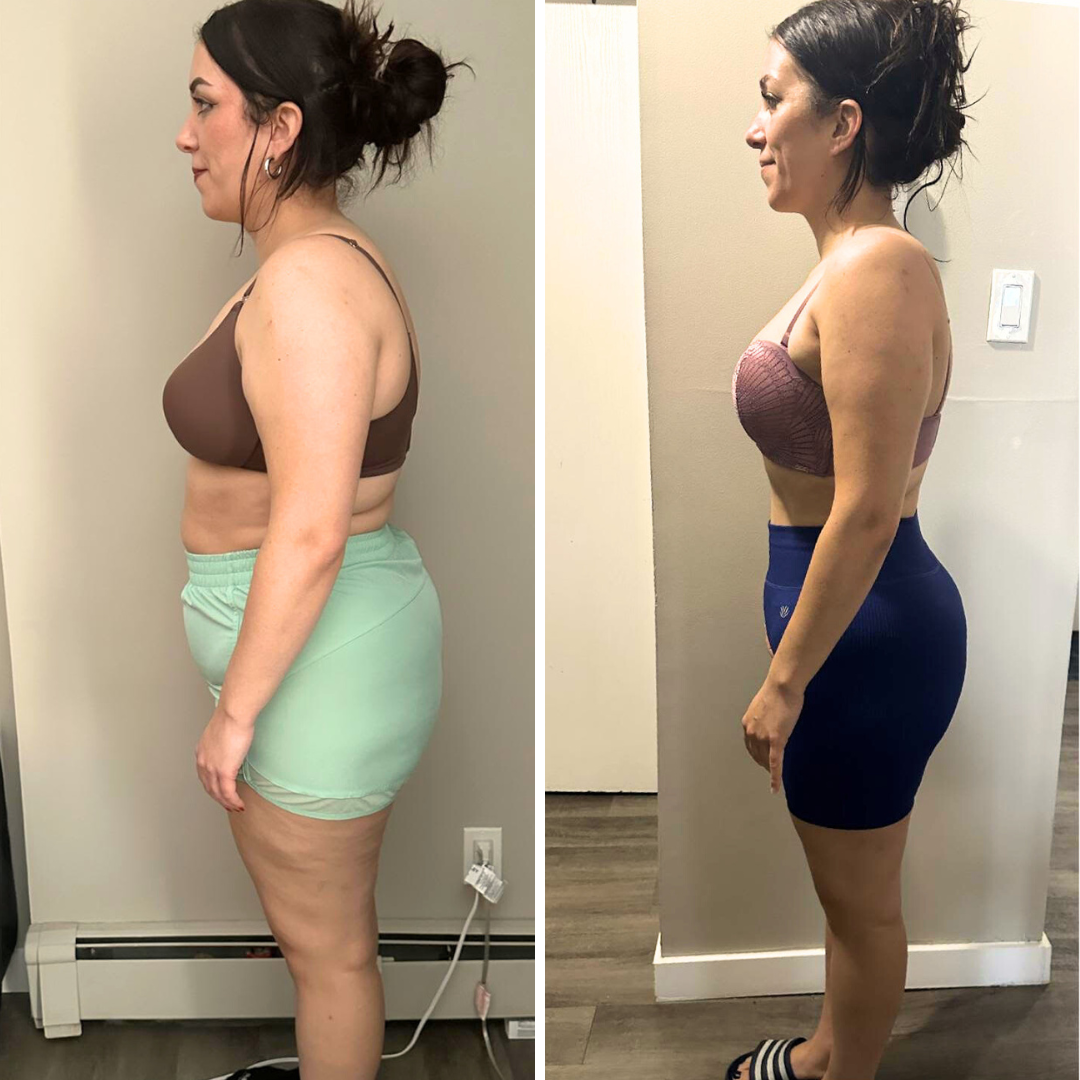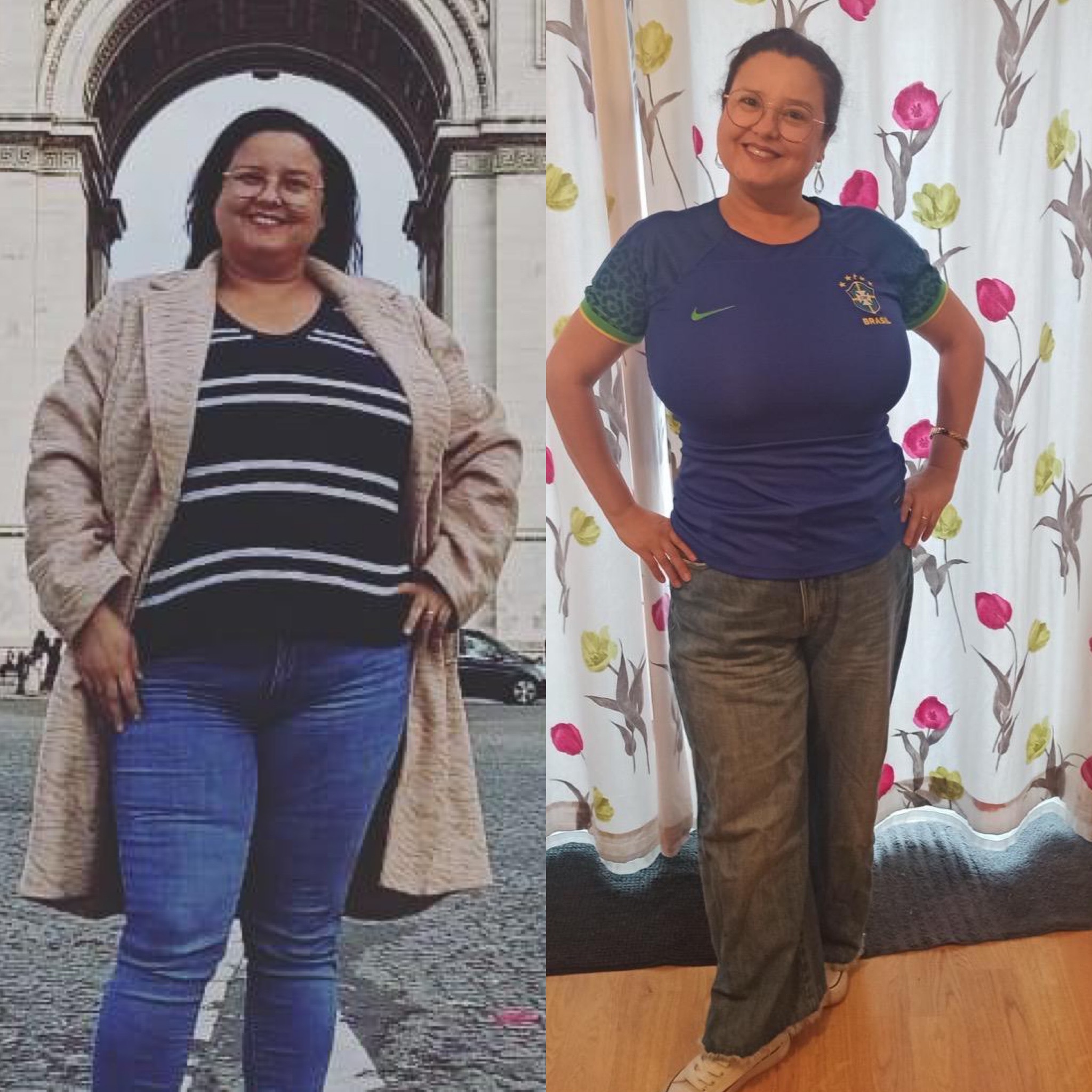After All, What Is a Low-Carb Diet and Its Benefits?

Much has been heard about the low-carb diet, which, as its name implies, is a diet strategy with low carbohydrate intake and increased intake of healthy fats and proteins.
What is a low-carb diet?
Traditional diets and nutritional guidelines recommend eating 50-60% of the daily calories from carbohydrates. However, excessive consumption of carbohydrates (bread, crisps, sweets, sugary snacks and drinks, pasta, rice, potatoes, and chips) has been contributing to people’s weight gain because the carbohydrates that are not used as an energy source end up being stored as fat and stimulate the release of the insulin hormone that favours weight gain, insulin resistance, and increased hunger. The problem is that the carbohydrates consumed as a snack are usually high in energy as well and don’t fill you up.
Generally speaking, a low-carb diet ranges from 10-40% carbohydrates to the total energy value of the diet and may range from a more restricted low carb diet (ketogenic diet) to a moderately low-carb diet. A low-carb diet can include carbohydrates, as it is not a no-carb diet. For example, it might include rice or potatoes for lunch or oats for breakfast. The key is the portion size and the combination of carbs, proteins and natural fats.
How to start on a low-carb diet?
The basics of a low-carb diet are: avoid eating ultra-processed and processed foods and prefer real food. Different from what many imagine the low-carb diet is not based only on eggs and bacon the basis of the low-carb diet is vegetables, some types of fruits in the correct amount, healthy fats present in nuts, olive oil and proteins present in eggs, meats, fish, and chicken.
What are the benefits of a low-carb diet?
In a low-carb diet, the process of slimming occurs, therefore, the body gets energy from the fat stored in the body. Because of the adjustment period, some people may feel some symptoms like a headache, weakness, dizziness, and irritability, which are symptoms that disappear in a matter of days. Here is a list of 10 benefits:
-
- Increases satiety – The greater amount of natural fats combined with proteins and vegetables, gives you a sense of satiety compared to a diet high in carbohydrates (half-plate carbs). Also feeling fuller for longer decreases appetite.
- Weight loss and body fat loss – decreasing carbohydrates has shown to be very effective for body fat loss. Since carbohydrates contribute to the rise of the hormone insulin which is responsible for the storage of fat and prevention of using fat storage as a fuel, when we consume less carbohydrates we produce less insulin and our body works more efficiently to use body fat storage as a fuel.
- Blood glucose control – low carb diet is proven to be very efficient in the control of glucose levels and even reversing pre-diabetes and diabetes type 2
- Treatment for PCOs – a very efficient treatment for Polycystic Ovarian Syndrome. As women with PCOs have higher insulin sensitivity, it makes sense to control sugar and carb intake.
- Improve cholesterol and triglycerides – most people think high triglycerides and cholesterol are due to a high fat diet. Indeed, a diet high in trans fat and unhealthy fatty processed foods can contribute to high cholesterol levels in your body. But the most efficient way to keep your cholesterol and triglyceride levels controlled is to consume a low-carb diet with a range of vegetables, and natural fats like oily fish, olive oil, nuts, seeds, and avocados.
- Foods with more flavours – You can make a range of healthy recipes with all vegetables, lean meat, nuts, olive oil, oily fish, avocados, kiwis, berries, seeds and so on.
- Foods with more nutrients – low-carb foods tend to be more colourful and consequently have more vitamins and minerals as well as other healthy compounds like antioxidants that come with all the goodness for our body.
- Reduction of blood pressure – A low-carb diet is an effective way to reduce blood pressure and prevent cardiovascular diseases as it helps to control insulin levels. High insulin levels contribute to high blood pressure.
- Treatment for metabolic syndrome – metabolic syndrome is a condition related to diabetes type 2 and heart disease. It includes high blood pressure, abdominal obesity, high triglycerides, and low HDL (good) cholesterol. Following a low-carb diet guided by a nutritionist can prevent or eliminate the risk of any of these diseases.
- Easy to maintain as a long-term lifestyle – low-carb foods are real and natural foods, easily available worldwide. They are cheap and delicious.
Is a low-carb diet suitable for everyone?
Most people can do a low-carb diet however it is important to be accompanied by a professional nutritionist near you who will choose the best strategy for you according to your goals and health. Find more here.
If you have any of the symptoms above or want to prevent any of the above, book your appointment with a nutritionist from our team and have a personalised low-carb diet for your health and eating habits.
Get an action plan with a Free Assessment!
Get personalized insights to enhance your well-being and achieve your goals. In this 15-minute video call, we will listen to you and guide you on what you need to do.
Schedule Your Free AssessmentRecent blogs







